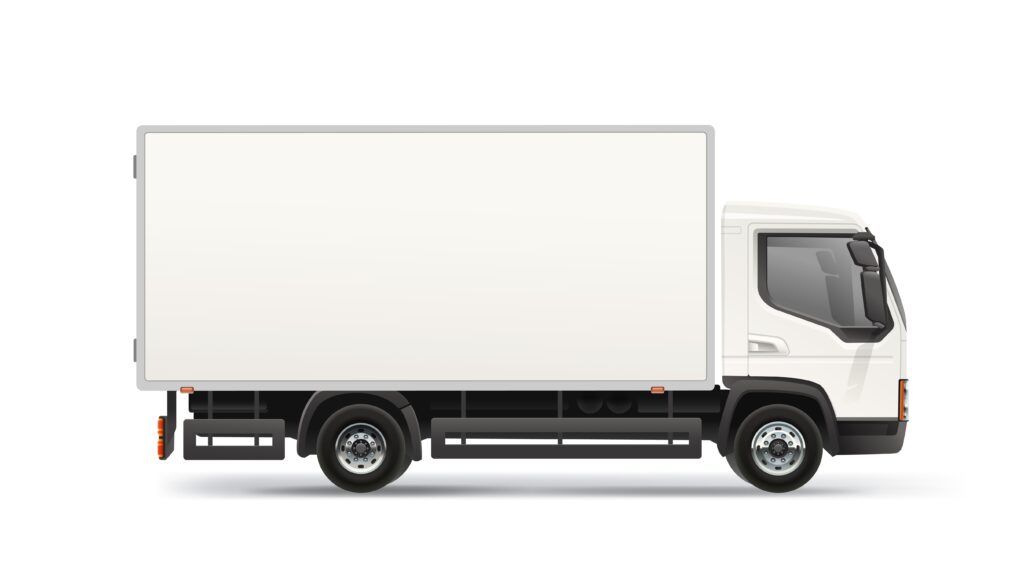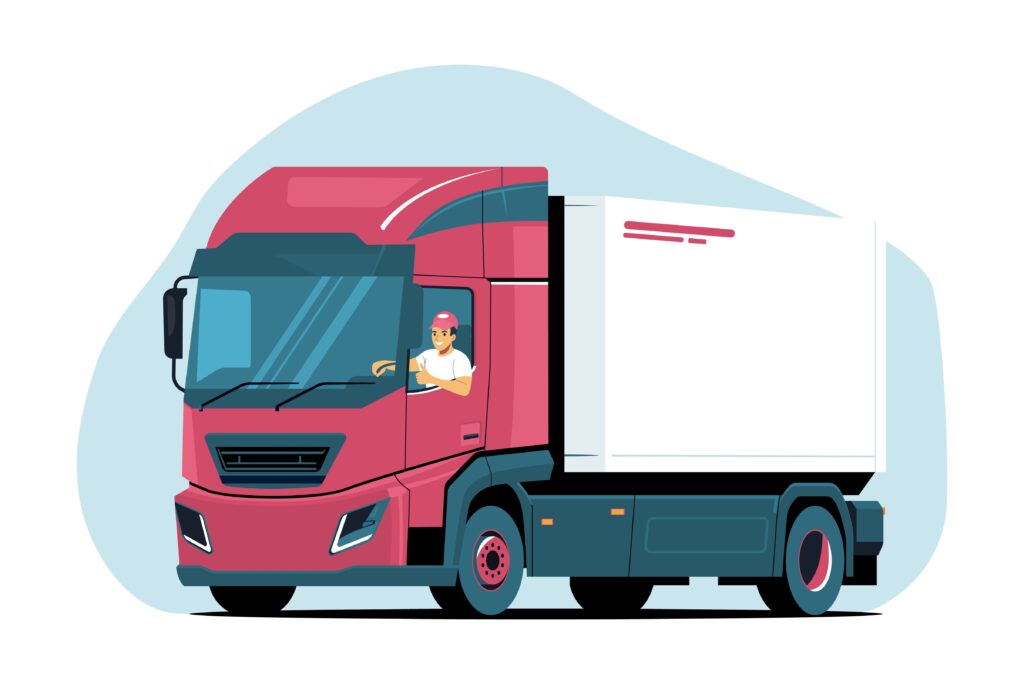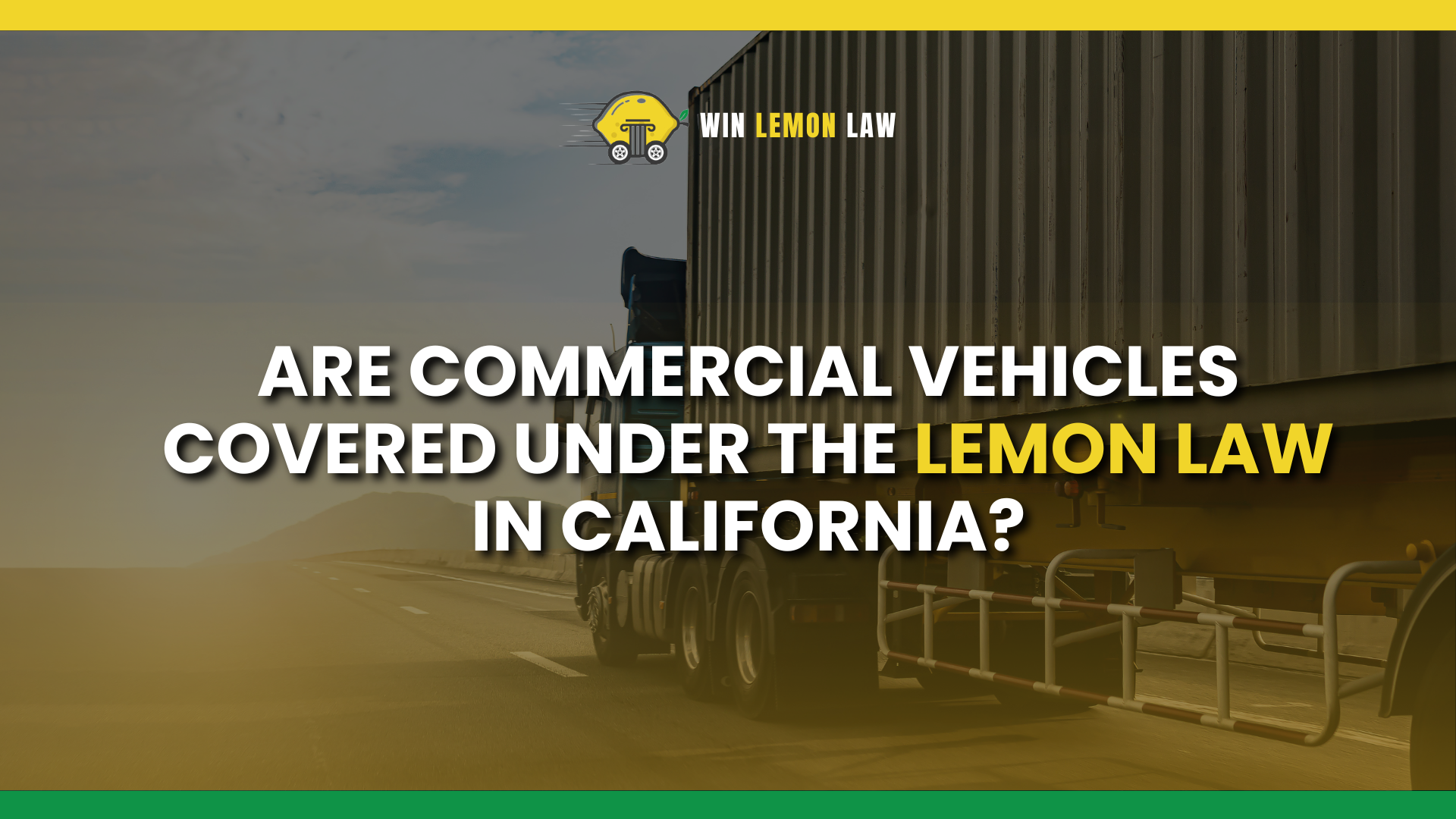If your business depends on a work vehicle that keeps breaking down, you may be wondering: Is my commercial vehicle protected under California’s Lemon Law? The good news is—yes, it can be.
At Win Lemon Law, we help business owners throughout California fight back when defective vehicles disrupt their operations. Whether you’re using your van for deliveries, service calls, or equipment transport, a malfunctioning vehicle is more than just a hassle—it’s a liability. Missed appointments, lost income, and dissatisfied customers can snowball quickly when your work vehicle won’t cooperate.
Fortunately, California law provides strong protections—even for some commercial vehicles. But eligibility depends on several specific factors, and many business owners don’t realize they have a valid claim until it’s too late. That’s why understanding your rights is essential.
In this article, we’ll explain how California’s Lemon Law applies to commercial vehicles, what to look for, and how to protect your business by pursuing the compensation you deserve.
Understanding Commercial Lemon Law Protection in California

California’s Lemon Law isn’t just for consumers driving personal cars—it also extends to commercial vehicles under certain conditions. This is great news for contractors, small business owners, and mobile professionals who rely on vehicles for their daily operations. If your vehicle qualifies, the law offers powerful remedies, including a full refund or replacement.
However, commercial Lemon Law claims come with a few additional rules. Many business owners aren’t aware of these differences, which leads to missed opportunities for compensation. That’s why it’s crucial to understand the specific criteria that determine whether your claim is valid.
These claims aren’t limited to brand-new vehicles, either. Used commercial vehicles may also qualify if the original warranty—or an approved extended warranty—is still in effect when the defect occurs. That opens the door for many more business owners to seek protection.
When a commercial vehicle becomes unreliable, you shouldn’t have to accept the financial hit. California’s Lemon Law exists to ensure manufacturers are held accountable—and that your business doesn’t suffer for their mistakes.
What Businesses Need to Know About Vehicle Weight Limits
One of the most common reasons a commercial Lemon Law claim gets rejected is due to weight limits. Under California law, a commercial vehicle must have a gross vehicle weight rating (GVWR) under 10,000 pounds to qualify. That’s not the loaded weight—it’s the manufacturer’s rating of what the vehicle can carry, including passengers and cargo.
This threshold covers a wide range of work vehicles, including light-duty pickup trucks, service vans, and compact utility vehicles. But larger box trucks, heavy-duty pickups, and oversized transport vehicles may not qualify. It’s critical to check your GVWR before filing a claim.
You can usually find the GVWR on a label inside the driver’s side door or in your vehicle’s manual. If it’s not clearly marked or you’re unsure, an attorney can help confirm your eligibility.
Why does this matter? Because even a single pound over 10,000 can disqualify your case. Knowing this early can save you time and allow you to explore alternative legal routes if needed.
Understanding these limits ensures that you’re not pursuing a claim that has no legal footing—and helps you focus your efforts where they matter most.
Why Commercial Lemon Law Matters in California

In California, time is money—especially for business owners. When your commercial vehicle breaks down repeatedly, you’re not just dealing with a mechanical issue; you’re facing operational downtime, client cancellations, and lost revenue. This is exactly why commercial Lemon Law protections are so important.
A work vehicle should be an asset—not a liability. If defects force you to rely on rental vehicles, rearrange job schedules, or refund customers, your reputation and bottom line can suffer quickly. California’s Lemon Law is designed to prevent that from happening without recourse.
Many small business owners don’t realize that their warranty rights apply even when the vehicle is used for work. The key is meeting eligibility requirements and acting quickly once a defect becomes apparent. Ignoring the issue or waiting too long to act can reduce your legal options.
By filing a Lemon Law claim, you shift the burden back to the manufacturer. You’re not asking for special treatment—you’re demanding what the law says you’re owed. That includes a replacement vehicle, a refund, and in many cases, attorney fees paid by the automaker.
The law is on your side. And once you understand your rights, you’re in a much stronger position to protect your business and move forward confidently.
Differences Between Personal and Commercial Claims
While California’s Lemon Law offers protection for both personal and commercial vehicles, the qualifications for business-use vehicles are more specific. Understanding these differences can make or break your claim.
The biggest distinction? Your business must not own more than five registered vehicles in the state. If your company operates a larger fleet, you may fall outside the protections of the consumer-based Lemon Law.
Additionally, the vehicle in question must be used strictly for business purposes. If there’s any crossover into personal use—like commuting or errands—the manufacturer may challenge the claim. Keeping usage documentation clear and accurate is important.
That said, once these additional boxes are checked, the legal standard for defects is the same. The vehicle must have a defect that significantly impairs its use, safety, or value—and the manufacturer must be given a reasonable opportunity to fix it.
Many business owners are surprised to learn that they’re just as protected as private buyers—so long as they understand and meet the criteria. Don’t assume your claim won’t qualify simply because it’s a work vehicle.
If you’re uncertain, having your situation evaluated by a Lemon Law professional can bring clarity and direction—before you invest time in pursuing the wrong path.
How to File a Lemon Law Claim for a Commercial Vehicle
Filing a commercial Lemon Law claim in California doesn’t have to be overwhelming. The key is organization and early action. Once you identify a recurring defect, there are several important steps to take.
First, document every repair visit in detail. Keep all invoices, repair orders, and correspondence with the dealership or manufacturer. The timeline matters—so keep a log of how long your vehicle was out of service and what was done each time.
Next, give the manufacturer at least two repair attempts for the same issue—or confirm that the vehicle has been out of service for at least 30 cumulative days. These are the thresholds that determine eligibility under the law.
From there, contact a Lemon Law firm—like Win Lemon Law—to evaluate your situation. If your case qualifies, we’ll handle all communication with the manufacturer, file the required documentation, and push for a resolution that gets you back to business.
It’s also worth noting: you may be entitled to a refund, a replacement vehicle, and even coverage of your legal fees. That’s right—the manufacturer, not you, pays for the attorney.
The sooner you start the process, the faster you can stop wasting time and money on a vehicle that should’ve been fixed—or replaced—long ago.
How Win Lemon Law Can Help You Get Back to Business
Your time is valuable, and downtime hurts. At Win Lemon Law, we know how stressful it is when your work vehicle keeps failing—especially when your business depends on it. That’s why we focus on fast, aggressive resolution.
We’ve helped countless California business owners enforce their Lemon Law rights and recover what they’re owed. Whether it’s a faulty transmission, electrical failure, or any other chronic defect, we step in and take over the fight for you.
Our team handles everything from gathering records to negotiating with the manufacturer. You don’t have to chase down paperwork or argue with a dealership—we’ll take care of that.
And the best part? If you win your case, the manufacturer pays our fees. That means no out-of-pocket cost to you, and no barrier to getting started.
With our experience and singular focus on Lemon Law, you’ll have a partner who knows exactly how to push your case forward—and how to win.
Conclusion: Don’t Let a Defective Work Vehicle Drain Your Business
If your commercial vehicle is defective and the manufacturer can’t fix it, you may have more power than you think. Under California’s Lemon Law, small businesses can pursue compensation, vehicle replacement, or a refund—and hold automakers accountable for failing to deliver a reliable product.
The key is understanding your eligibility, documenting everything, and acting quickly. Far too many business owners give up after a few repair visits, not realizing the law was created to protect them. You don’t have to keep driving a vehicle that isn’t safe or dependable.
At Win Lemon Law, we’re ready to help you take action. We’ll assess your case, explain your options, and handle the process from start to finish—at no cost to you unless we win.
Don’t wait for the next breakdown to cost you a job, a customer, or a contract. Contact Win Lemon Law today for a free consultation and let us help you get back to what matters: running your business.

